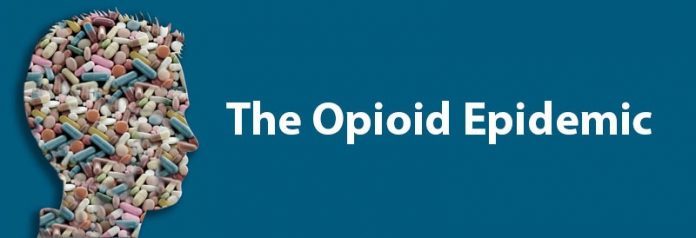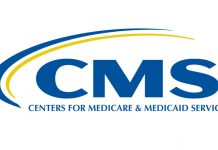
This week U.S. Senate and House committees are moving forward on legislation to address the nation’s opioid crisis. The Senate Health, Labor, Education and Pensions (HELP) Committee and the House Energy and Commerce Health Subcommittee have each conducted a series of hearings with experts on opioids, substance abuse and behavioral health and now face the daunting task of combining the legislative ideas and proposals and garner bipartisan support in their respective chambers. A common theme emerged in both committees that “local” level efforts serve as the best opportunity to address substance abuse challenges. Hopefully, this will be reflected in the final versions passed.
The Senate HELP Committee is working to consolidate diverse ideas into comprehensive legislation under S. 2680, also known as The Opioid Crisis Response Act of 2018. Recently introduced, S. 2680 is characterized as “the result of seven bipartisan hearings on the opioid crisis with the Food and Drug Administration, the National Institutes of Health (NIH), the Centers for Disease Control and Prevention, the Substance Abuse and Mental Health Services Administration, governors, experts and families.” The proposed legislation reauthorizes a grant program created by the 21st Century Cures Act to fund treatment for another three years. It would change the formula to prioritize states and tribes hit hardest by overdose deaths following criticism from lawmakers about how the money has been doled out.
The bill would also create new grants for communities to set up comprehensive opioid recovery centers that are required to provide medication-assisted treatment and counseling, among other services. It would also allow the NIH more flexibility to speed up opioid-related research. An earlier draft of the legislation included a provision to allow nurse practitioners and physician assistants to administer medication-assisted treatment, but it was ultimately scrapped due to cost.
The House Energy and Commerce Health Subcommittee plans to mark up 60 bills to help fight the opioid abuse crisis on Wednesday. Among bills the panel will consider are: the Special Registration for Telemedicine Clarification Act of 2018, specifying when practitioners could use telemedicine; the Improving Access to Remote Behavioral Health Treatment Act, allowing community mental health centers to facilitate telemedicine; and the Access to Telehealth Services for Opioid Use Disorders Act, letting the Health & Human Services secretary waive restrictions to Medicare reimbursement for certain telehealth services. The House Energy and Commerce Committee posted the bills late Monday evening.






